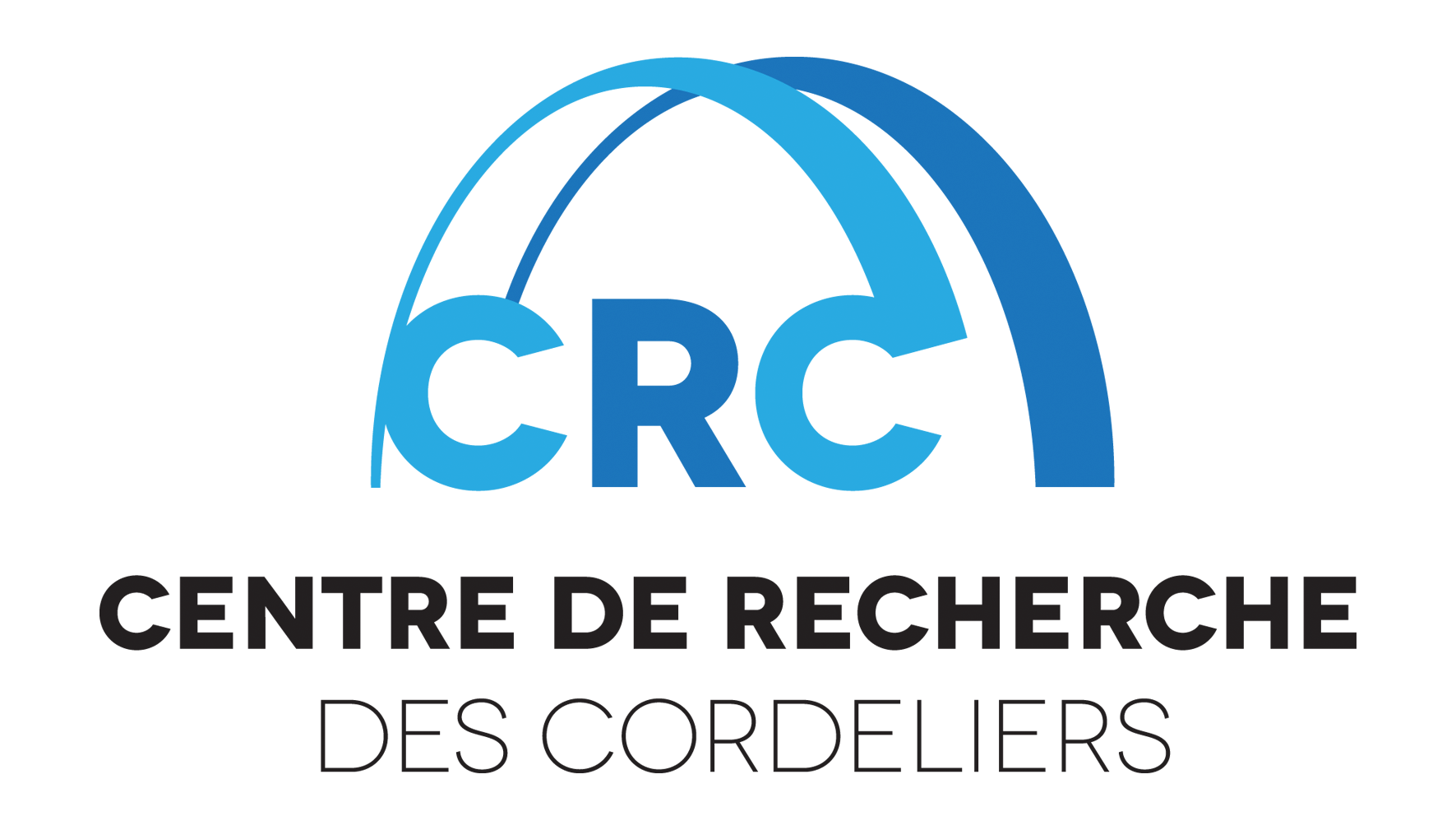16/02/2024
To celebrate International Day of Women and Girls in Science, CRC presents each day of the week a portrait of a CRC woman scientist.

Catherine Sautès-Fridman is Professor Emeritus at Université Paris Cité and a CRC researcher. She codirects the Immunotherapy and Cancer group with Hervé Fridman, within the Inflammation, Complement and Cancer team.
- What is your research topic?
I study the immune microenvironment of tumors in order to identify factors that can predict the response of cancer patients to treatment. The group I co-direct with my husband is a leader in this field.
- Can you describe your job?
My job is to do research full time, on a voluntary basis as I’m retired. I could spend my time doing many other things, but I prefer research. What I love about this job is coming up with original ideas to be the first in a field, working in teams, training students, presenting results at conferences and sharing this with my husband with whom I’ve worked for almost half a century! I also loved teaching immunology at university, and am proud to have awakened vocations in this discipline.
- Is there a woman scientist who has inspired you?
I didn’t know many women in my field, and there weren’t many working in immuno-oncology at the time. I worked at the Institut Curie, where Marie Curie’s image was very present. Her determination, intelligence, dedication and passion for science made a huge impression on me.
- Is there anything you’d like to say as a woman in science?
I remember in the 70s and 80s, when members of scientific committees were ranking women for jobs or promotions, they sometimes added adjectives to describe their physical appearance. It irritated me. I fought against this type of behavior when I myself was a member of a commission. I organized surveillance of the organizing committees of international immunology congresses to put pressure on them to increase the representation of women. I helped write articles on the subject, and organized special “Women in immunology” sessions that were very rich in discussion. When I was President of the European Federation of Immunological Societies, I created an award to recognize the contribution of women immunologists. When I audition candidates for prestigious contracts or awards, I’m delighted to see the professionalism and self-assurance of some of them, which puts them at the top of the rankings.
- Any changes, improvements or developments that would make life easier for women in science?
It’s important that after-school and vacation childcare facilities are developed. On a day-to-day basis, men are increasingly involved in household chores and childcare, and maternity leave is now taken into account in career evaluation. We must continue in this direction. Organizing childcare during conventions would be a step forward.
- A key word or message for Women in Science Day?
Persevere, don’t get discouraged, and pass on knowledge: it’s a fascinating profession.

